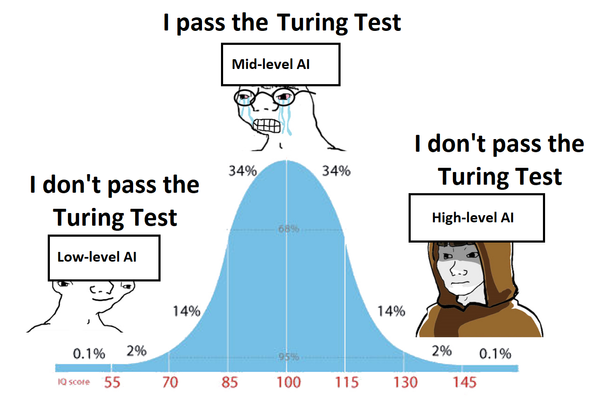The Role of Artificial Intelligence in Legal Research
AI has revolutionised various industries and the field of law is no exception. With the increasing complexity of legal systems and the vast amount of legal information available, AI has emerged as a valuable tool for legal research.

Introduction
Artificial Intelligence (AI) has revolutionised various industries and the field of law is no exception. With the increasing complexity of legal systems and the vast amount of legal information available, AI has emerged as a valuable tool for legal research. In this article, we will explore the role of AI in legal research, conducting a comparative study to evaluate the benefits and challenges of AI-powered legal research tools.
The Need for AI in Legal Research
Legal research is a fundamental aspect of the legal profession, requiring extensive analysis of statutes, case law, regulations and legal literature. Traditionally, legal research has been a time-consuming and labor-intensive process, often involving manual search and analysis of documents. However, AI has the potential to streamline and enhance legal research by leveraging machine learning algorithms, natural language processing and data analytics.
Comparative Study: Benefits and Challenges of AI in Legal Research
Benefits of AI in Legal Research
1. Enhanced Efficiency and Accuracy
AI-powered legal research tools can quickly search and analyse vast amounts of legal information, significantly reducing the time and effort required for research. These tools can provide comprehensive and accurate results, minimising the risk of missing relevant cases or statutes.
2. Advanced Search Capabilities
AI algorithms can understand natural language queries and provide relevant search results based on context and semantics. This enables lawyers and legal researchers to conduct more efficient and precise searches, saving valuable time and improving the quality of research.
3. Legal Document Analysis
AI can analyse and extract key information from legal documents, such as contracts, briefs and court opinions. This capability allows lawyers to quickly identify relevant clauses, legal arguments and precedents, facilitating case preparation and legal strategy development.
4. Predictive Analytics
AI algorithms can analyse large datasets of past legal cases and identify patterns, trends and outcomes. This predictive analytics capability can help lawyers assess the strength of legal arguments, predict case outcomes and make informed decisions based on historical data.
Challenges of AI in Legal Research
1. Quality and Reliability of Data
AI relies on accurate and comprehensive data for effective legal research. However, legal datasets may contain errors, inconsistencies, or biases, which can impact the reliability and validity of AI-powered research results. Ensuring the quality and integrity of legal data is crucial for successful AI implementation in legal research.
2. Interpretation and Contextual Understanding
Legal research often requires a deep understanding of legal concepts, principles and context. While AI algorithms can process and analyse vast amounts of legal information, they may struggle with nuanced interpretations, ambiguity and context-specific reasoning. Human expertise and judgment are still essential for accurate legal analysis and decision-making.
3. Ethical and Privacy Considerations
AI-powered legal research tools may raise ethical and privacy concerns, particularly when dealing with sensitive legal information. Safeguarding client confidentiality, protecting personal data and ensuring compliance with legal and ethical standards are critical considerations in the development and use of AI tools in legal research.
4. Integration and User Adoption
Integrating AI tools into existing legal research workflows and ensuring user adoption can be challenging. Lawyers and legal researchers may require training and support to effectively use AI-powered tools and organisations must invest in change management strategies to encourage acceptance and adoption of AI in the legal profession.
Comparative Analysis of AI-powered Legal Research Tools
To evaluate the benefits and challenges of AI in legal research, a comparative study of AI-powered legal research tools can provide valuable insights. Researchers can assess various tools based on factors such as search accuracy, speed, user-friendliness, data quality, interpretability and ethical considerations. Comparative studies can help identify the strengths and weaknesses of different AI tools, guide improvements in AI algorithms and inform decision-making for legal professionals.
Conclusion
AI has the potential to transform the field of legal research, offering enhanced efficiency, accuracy and advanced search capabilities. However, challenges such as data quality, interpretation, ethics and user adoption must be carefully addressed. By conducting comparative studies of AI-powered legal research tools, researchers can gain valuable insights into the benefits and challenges of AI implementation in the legal profession. As AI continues to advance, it is crucial for legal professionals to embrace AI tools, adapt their workflows and leverage the power of AI to enhance legal research and decision-making processes.



